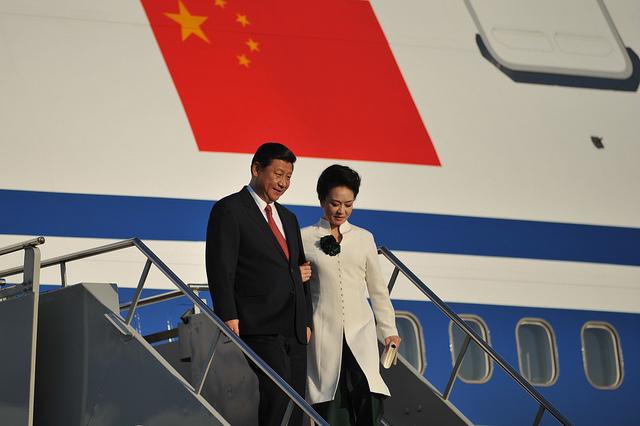By Jeewan Ambat, political columnist
In the middle of what seem to be radical changes in political powers within the West, there is one country looking to strengthen its economic foothold in the global sphere. America’s most vital trade partner and one of the most influential nations in facilitating global free trade, China appears to be planning to make great strides in becoming a world-class economic power. The man behind this ambitious vision for the country is Xi Jinping.
Xi currently occupies three positions as the General Secretary of the Communist Party of China, President of the People’s Republic of China and Chairman of the Central Military Commission. He has consolidated swaths of government power under his belt. Combining that with his domination of political discourse through the Communist Party, many have argued that China has seen a rise in authoritarianism under Xi’s leadership.
However, it is difficult to deny that under Xi, China is readying to take the economic trading and reputational strength that global players such as the United States currently have. This is primarily through Xi’s embrace of globalization and free trade.
In the current times of the U.S., to a sizable chunk of our population, the words “globalization” and “free trade” run sour. The first images that pop into many people’s minds are those of U.S. factories closing down, jobs moving overseas and long-time factory workers being stranded and out of work.
While the idea of a global economy sours many, and the rhetoric of President Donald J. Trump suggests a future of economic isolationism for the U.S., Xi Jinping is wholeheartedly embracing free trade. Recently, Xi spoke at the World Economic Forum about the importance of interconnectedness between countries during current times. His speech was received to critical acclaim by world leaders and other attendants.
Former President Barack Obama worked with several countries on the Trans-Pacific Partnership (TPP), a trade deal that would have given the U.S. a trade advantage against China. However, with the TPP shot down, Xi is pushing forward with his “One Belt, One Road” initiative that would see China having influence in approximately 65 different countries. China would be focusing on the construction of infrastructure, specifically of high-speed rail.
This initiative, should it see fruition, would be groundbreaking. It would make the largest world economy somewhere other than the Western world, and one with an entirely different government structure. Xi would present to the world a country that runs as an authoritarian unitary state and perhaps demonstrate that economic success need not only exist in Western liberal democracies. This would be a tough visual for the Western world, and especially the United States, to digest.
It will be crucial to observe Xi’s actions and words from here on out. With shifts in the world order, Xi’s voice will only serve to be more and more important as China begins its ambitious plans for a global economic foothold. To see China emerge in such a way would no doubt keep the leaders of the West, especially the president of the United States, on their toes.
For all the talk of economic isolationism within the U.S., many in the business spheres, even many in the government, understand the inevitable formation of a global economy. Whether it is led by the West or by Xi in China, globalization is roaring, and walling off the world could prove disastrous in these times.
Photo courtesy APEC 2013, Creative Commons









